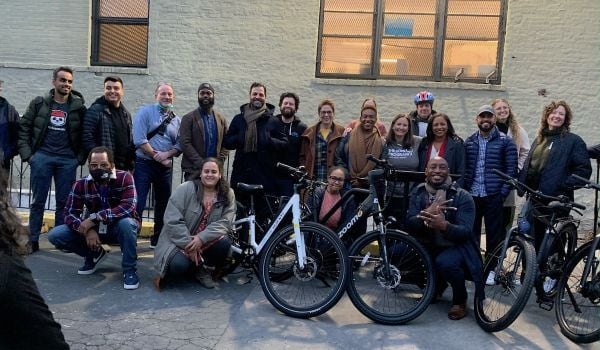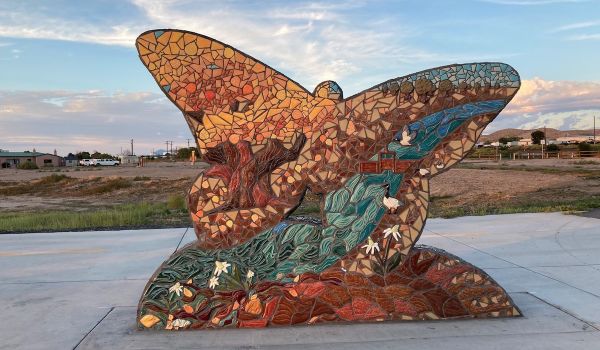When Bloomington, Indiana, was looking to fund a recent affordable housing project, they looked outside their city — and even their state — to secure financing. A single-family home on West 9th Street near downtown Bloomington, Indiana, was renovated by Bloomington Cooperative Living to create 18 new, affordable units with funding help from Local Enterprise Assistance Fund (LEAF), a Boston-based CDFI.
That funding connection was made possible by CDFI Friendly Bloomington, a nearly two-year-old organization that was borne out of the realization that creating a CDFI just for Bloomington wasn’t the most practical path. Instead, Bloomington established itself as the first “CDFI Friendly City,” serving as a new model for encouraging investments from CDFIs outside the region into local Bloomington projects focused on dealing with social and economic inequities.
According to its executive director, Brian Payne, the initiative quickly took root. Just a few months after CDFI Friendly Bloomington launched in September 2019, it received its first competitive grant award of $100,000 from Regional Opportunity Initiatives, Inc., a nonprofit centered on the Indiana Uplands. Now, a year and a half into operation, CDFI Friendly Bloomington has gotten nearly $30 million in total investment in CDFI-supported projects, tripling the industry’s investment in that region.
That success is now being replicated in cities across the country by CDFI Friendly America, a Washington, D.C.-based nonprofit that seeks to help communities find CDFI funding. Bloomington has served as the pilot program, which has since expanded to include South Bend, Indiana.
“We are matchmakers,” says Mark A. Pinsky, who created the Bloomington model and is a founding partner of CDFI Friendly America. “We want to be able to make introductions and have people talk to each other.”
Pinsky constantly fields calls from CDFIs looking for geographic areas and opportunities in which to invest. With approximately 1,105 institutions and an estimated $186 billion in assets, the CDFI industry is “swimming in money,” Pinsky says. For CDFIs, the main issue is how to find the communities that could use that considerable capital. For communities — especially smaller and rural markets — the problem is trying to find CDFI financing outside their area since they don’t usually have the resources or demand necessary to set up their own local CDFI. Even in larger cities, CDFIs can face the problem of targeting underserved communities.
Consider Philadelphia. Pinsky noted that while that city has many banks and CDFIs, small business-owners of color still weren’t being adequately served. Consequently, CDFI Friendly America was called in to link CDFIs to those underserved entrepreneurs. Pinsky’s group is now working with Washington, D.C.-based Prosperity Now to develop a network of community-based lenders that can be relied on to be matched up with projects in predominantly Black communities. At the same time, Pinsky and CDFI Friendly America are looking to do the same in several cities with large, underserved Hispanic communities.
CDFI Friendly America is seeking to take the initial consulting model and make it more of a training model to get local involvement and CDFI funding in less time by streamlining the initial bureaucratic process. “We are really furiously trying to figure out how to make this model work in more places more quickly and create a true operating network,” Pinsky says. The goal is to have 50 to 70 CDFI Friendly City models within five years.
For now, CDFI Friendly Bloomington remains the gold standard. It has initiated several successful projects, including a 50-unit housing facility for homeless families and individuals with substance abuse and mental health disorders, and partnered with the city and other leaders to provide low-interest loans to organizations for energy-efficiency improvements such as solar energy installation and weatherization. CDFI Friendly Bloomington has also formed a credit enhancement fund, called CFB Capital, to provide additional funding to projects that are already getting money from other CDFIs and lenders. “Our model is to be an enhancement lender, not a sole lender,” Payne says.
The 921 West 9th Street project, financed with CDFI Friendly Bloomington’s largest loan from the enhancement fund to date, is on track to start renting in September. “When you organize a market and put some skin in the game with a loan pool you can create projects like that that would otherwise be impossible,” Payne says.

This story is part of our series, CDFI Futures, which explores the community development finance industry through the lenses of equity, public policy and inclusive community development. The series is generously supported by Partners for the Common Good. Sign up for PCG’s CapNexus newsletter at capnexus.org.
Frances McMorris is a Tampa-based writer who has been a staff reporter covering courts and legal affairs for the Wall Street Journal, the New York Daily News and Newsday. She specializes in legal and business topics.

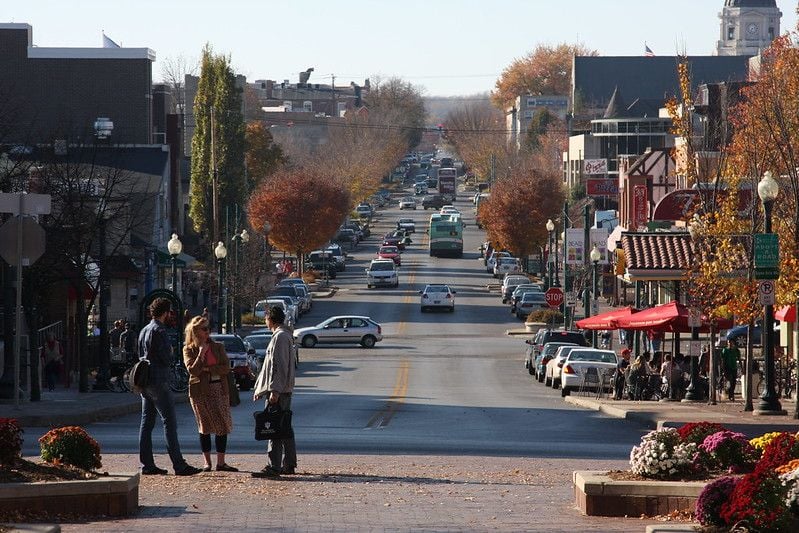
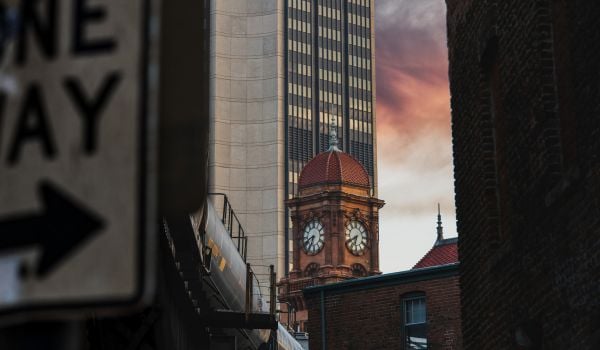
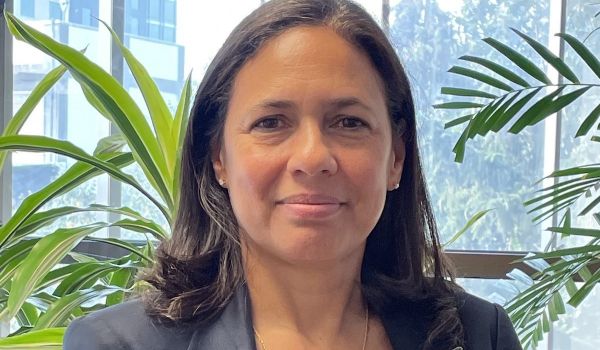
_920_614_600_350_80_s_c1.jpg)
_600_350_80_s_c1.jpg)
_600_350_80_s_c1.JPG)
